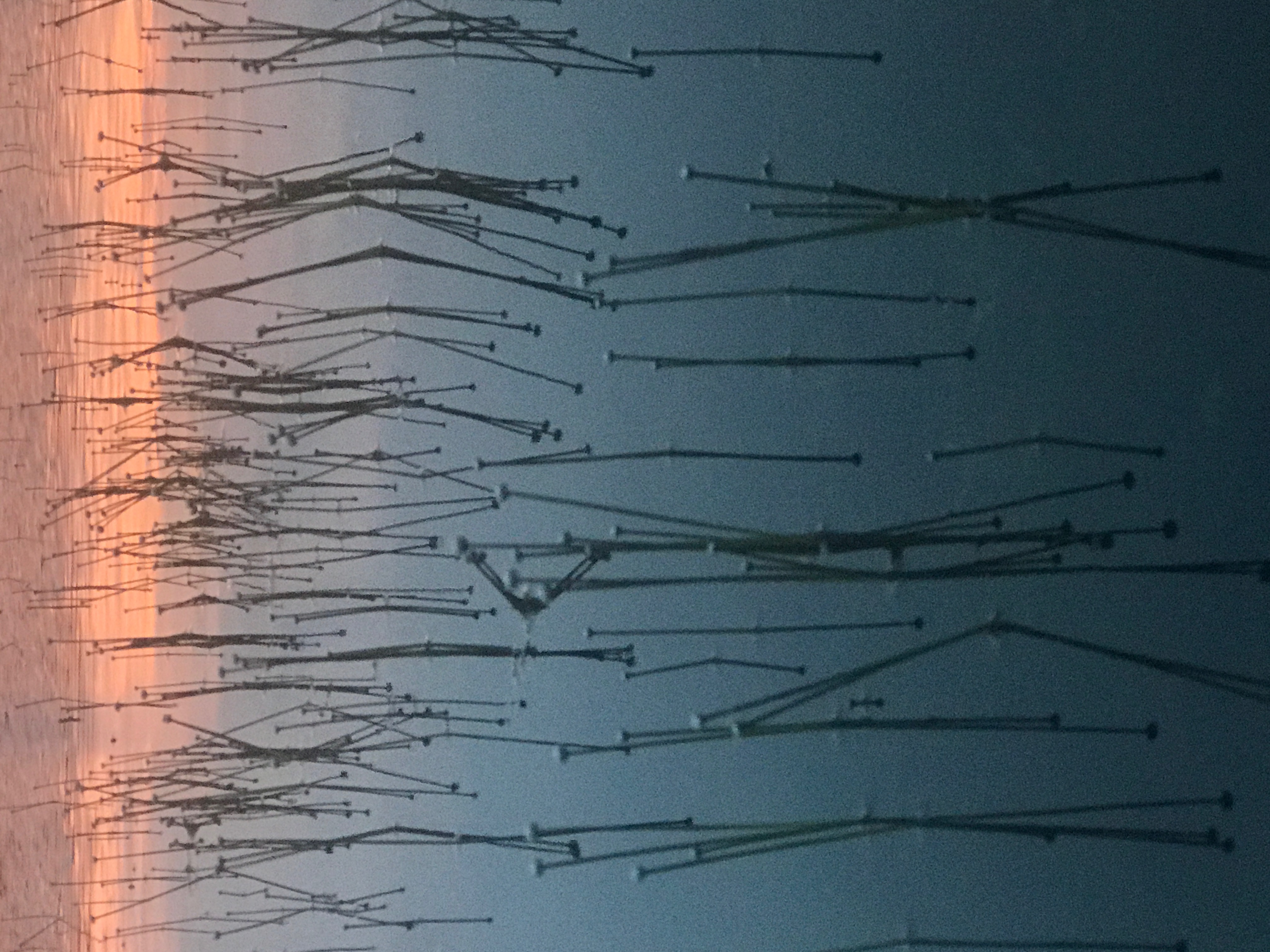
Julia Kane
In October 2021, we set sail on our inaugural Pilot Fellowship in hybrid mode. With twelve around a café table in Durham, NC (USA) or piping in from Uganda to Utah (Italy and Canada in between), we worked weekly on the theme of "the common and the commonable." Pursuing a multilingual, pluriversal approach (ubuntu a leitmotif) and freed from "resources" as the grounding of any common, we probed what it would mean to regard the whole interaffective web of reality beyond the tired technohuman grid. Along the way, we waded through notions of (Janian) care, festivity, pluriverse, "transverse," buen vivir, measures of happiness, migration, the biotic, placemaking, arcology and habitat. What's common or commonable is no longer just a question demanding answers, but also one parrying them...
The second year, 2022-23, we worked, again hybrid, on "growth," joined by remote Fellows ranging from Italy and Nigeria to India/Canada and South Africa/NY. Pushing off a conventional scientific framework (Smil), we dove into Daoist emergence and Nagarjuna's mutual co-arising (pratityasamutpada) via A v Humboldt's Wechselwirkung (exchange-effect), cycled through temporal processes in Qohelet and Ibn Khaldun, and sensed growth in Hildegardian and Potawatomi life. Then we got into the wilds of Moche sex pots, thermodynamics, Marxian labor-growth inversions, rhizomatic mycopunks, mutual aid hip hop, Illichian conviviality, housing/dwelling, and urban growth with its illusions. Capping the year, we had lively visits with D da Cunha on "ubiquitous wetness," A Escobar and M Osterweil on designing relationality, D Richter on critical zone science, and A Tamburrino on his Carless Rome plan. In all this, we kept prodding, poking Mangroves' own ideas of affectivity, periblem and counterdesign - protocols of seedings to come.
With Rome our desired haunt as a live laboratory, we have been drawn to g(r)azing at a plan by Eng. Antonio Tamburrino to transmobilize the whopping Eternal City. Though once and again a hub of comprehensive transport since Antiquity, Rome is now victim to the double choke of cars and mass tourism, with dispiriting slides in eco/nomic and cultural vibes. This plan aims to revive, recast the Urbs by unclogging mobility throughout, removing rubber traffic from the historic city, and connecting all parts with foot motion and free electric people-movers. The time-space saved could spur new forms of life, work, and habitat-making for a richer lifeweb. Is this scheme well conceived or viable? What is it likely - or risking - to generate? Is it ignoring or suppressing something? Follow us as we learn and think more!
In 1972, the Club of Rome blew a planetary whistle with its report The Limits to Growth: Earth can't keep carrying the globalized economic train. Half a century later, even as the Club has felt a muffled response to its own Cassandra cries, we re-ask: What does or can growth mean beyond its usual Anglophone, economic cage and patois? We intend to stage this query/queering between late 2024 and early 2025 in Rome with a conference-carnival (= Connival), roving per urbem with thinking-doing, and plotting escape from the econometric prism/prison of growth. All are welcome in person or online.